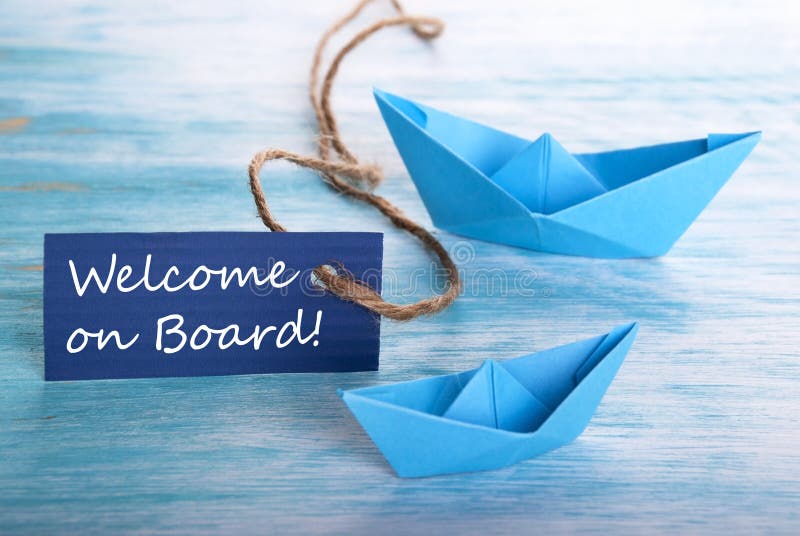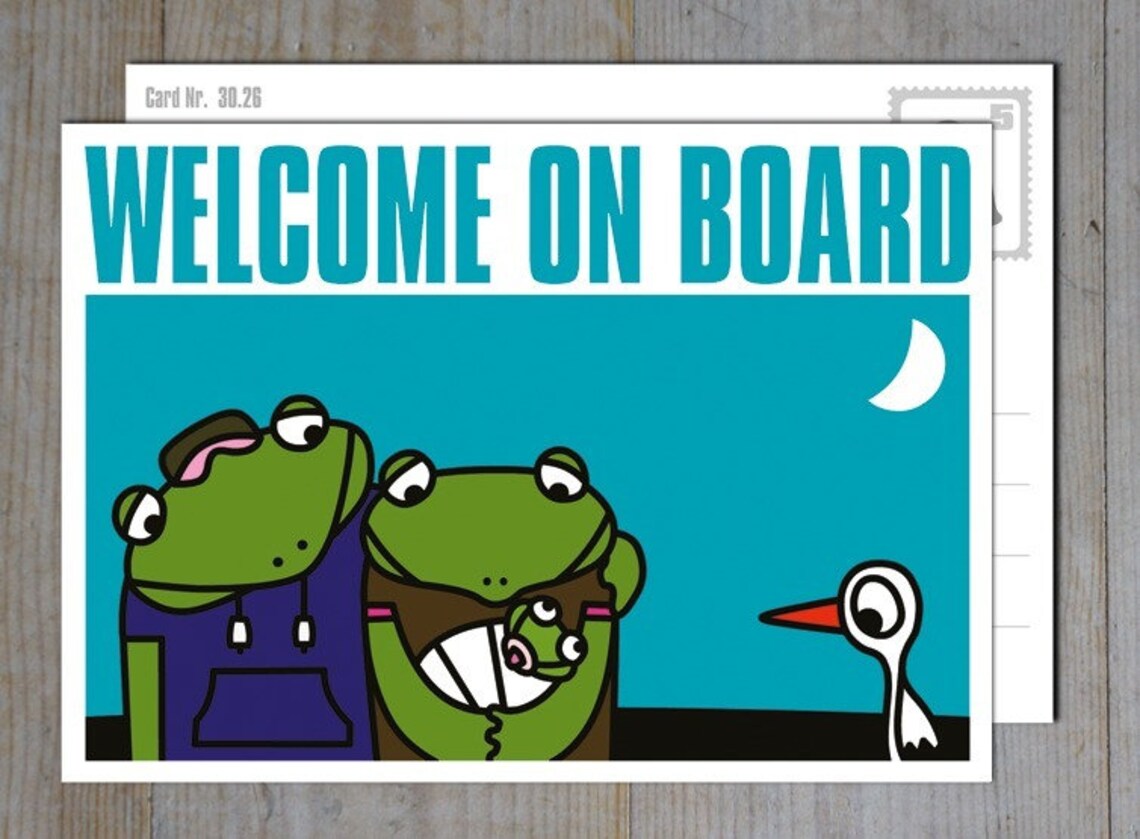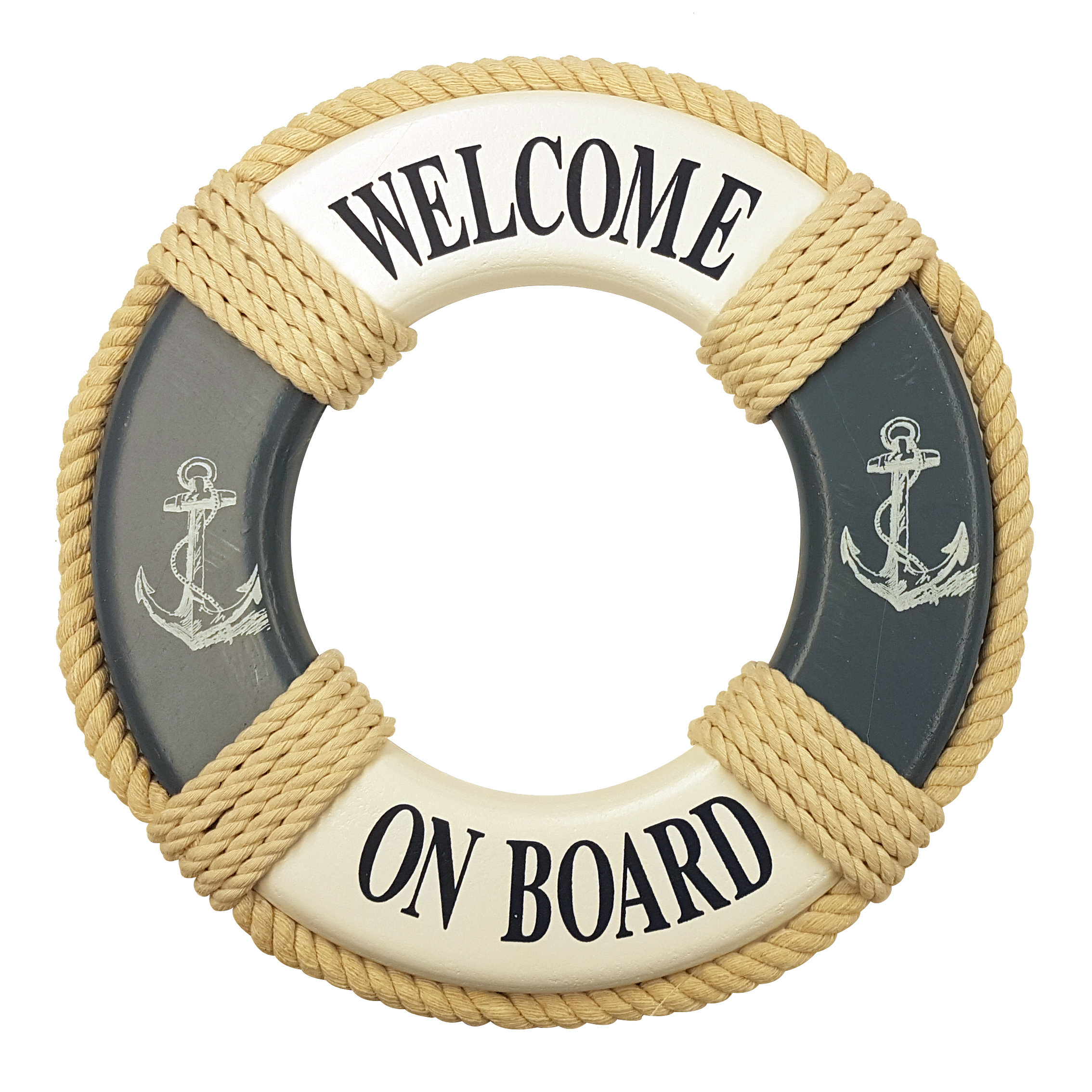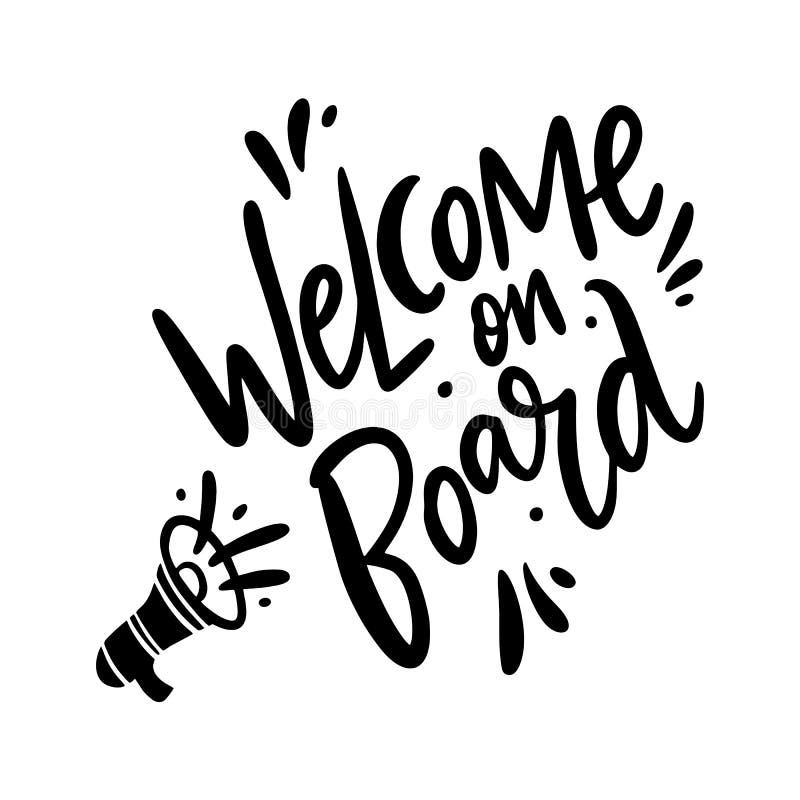
KEEP CALM AND ON BOARD Poster Fabien Keep CalmoMatic
When to use "Welcome on board". "Welcome on board" is expressed in the present tense regarding subject-verb agreement. It is a shorter way of saying, "I or we welcome you on board.". "Welcome on board" is also a slightly more formal way to say "Welcome aboard!" to greet people getting on a vessel or starting a job.

on board ! EPHEC
Thank you for your warm welcome. Looking forward to meeting you soon. Thanks! I can't wait to meet you all. Thank you. I am looking forward to meeting you. Thank you. I am sure it will be a pleasure to work with you. Thank you for welcoming me to the team.

on board" blue label! YBH
By Amy Gilmore, updated on October 28, 2022. 'Welcome aboard' is a popular phrase to welcome a new member, colleague, or teammate. The travel industry also frequently uses it to welcome passengers onto a train, plane, or boat. If you want to learn more about when to use this idiom, this guide has usage examples, tips, and alternatives you.

on board sign on wall Royalty Free Vector Image
Here are the steps you can take to write a detailed new employee welcome email: 1. Choose the right tone. When writing a new employee welcome email, make sure to use a positive tone. Begin by explaining how excited you are that they joined the company. Discuss why you believe they would add value to the company.

on Board Hanging Door Sign Isolated on White Background. Stock Vector Illustration
Welcome On Board: Similar to "welcome aboard," "welcome on board" is also used to welcome individuals onto various modes of transport. Additionally, it is commonly used in professional settings when introducing new employees or team members. In this context, "on board" functions as a verb phrase, indicating the action of joining a.

on Board stock image. Image of natural, hello 38352471
On Board Meaning. "On Board" means on or in a vehicle, for example, a train, ship, or plane. It can be used as an adjective. The adjective can be spelled as one word, or it can be hyphenated: "onboard" or "on-board.". For example, "the onboard crew supervised the cabin.". It can be used as a verb: "The company is good at.

10 Tips For Successfully Onboarding a New Employee [SlideShare] How to stay motivated,
Welcome on board messages for new employees - Respect their experience. When new hires come with a unique set of skills or experiences, you can acknowledge them using the following templates. 11. "Welcome on board,

on Board Card Etsy
Welcome Aboard vs Welcome On Board. Welcome aboard and welcome on board can be considered synonymous. Both are polite and welcoming expressions that have two uses: They can be used to welcome you onto a vessel (a plane, train, or ship). In more recent times, they can be used to welcome a new employee to a company, or welcome somebody as part of.

on Board là gì và cấu trúc on Board trong Tiếng Anh
"Welcome and congratulations, [name]! We choose our team members carefully because when we on-board someone, we commit to their success. We look forward to helping you do the best work of your life with us." "Welcome to the team! We know that starting a new job can be intimidating, so we wanted you to know that we're here to support you.

on Board. Hand Drawn Vector Lettering Stock Illustration Illustration of calligraphic
On board describes that something is aboard a vessel, i.e., the location of something or someone. Onboard is one word (sometimes hyphenated—on-board) when it comes before the noun it modifies (e.g., onboard radio, onboard computer). Elsewhere, writers usually make on board two words. For instance, one might write, "We brought a radio on.
on board sign with text in the office desk stock photo 3077287 Crushpixel
Welcome aboard this 747 British Airways flight to London Heathrow.; Welcome aboard our special task force for dealing with discipline problems.; Welcome on Board. The term "welcome on board" is used to welcome people onto transport such as planes and boats or in companies and workplaces to welcome people onto teams or into organizations.

Board Member Onboarding Done Right Directorpoint
The "board" is the rest of the team in this workplace situation. In contrast, "welcome on onboard" is a better statement for those who are getting on board a boat. When someone is going "on" a boat, they are often "on board.". Similar to "boarding" on an airplane. Correct: Mostly used in formal business settings to welcome.

on board stock photo. Image of summery, texture 35319150
The difference between "welcome on board" and "welcome aboard". "Welcome on board" and "Welcome aboard" both mean "We are pleased to welcome you.". Both expressions are typically used to greet newly-hired employees or passengers. "Welcome on board" is largely used to welcome people who are about to board a transportation.

on Board (2020) IMDb
The only difference between the two expressions is that "welcome on board" is slightly more formal than "welcome aboard.". It carries a slightly more ceremonial tone, rather than a casual and friendly one. As a result, it's more common to use "welcome aboard" rather than "welcome on board" when you're speaking to friends.

on board vintage rusty metal sign Vector Image
"Welcome aboard" parts of speech "Welcome aboard!" is made up of the interjection "welcome" and the adverb "aboard," in which "aboard" may also be used as a preposition at other times. "Aboard" simply works the same way as "on board" in "Welcome on board!" - a more formal version.

New Employee Onboarding Resources Human Resource Services, Washington State University
Persist in your work, learn from your mistakes, cultivate positive relationships, and always give your all. That is all we ask from you. Congratulations and welcome to the team! Never be afraid to try new things because that is exactly what we encourage our employees to do. You experiment, and you learn.